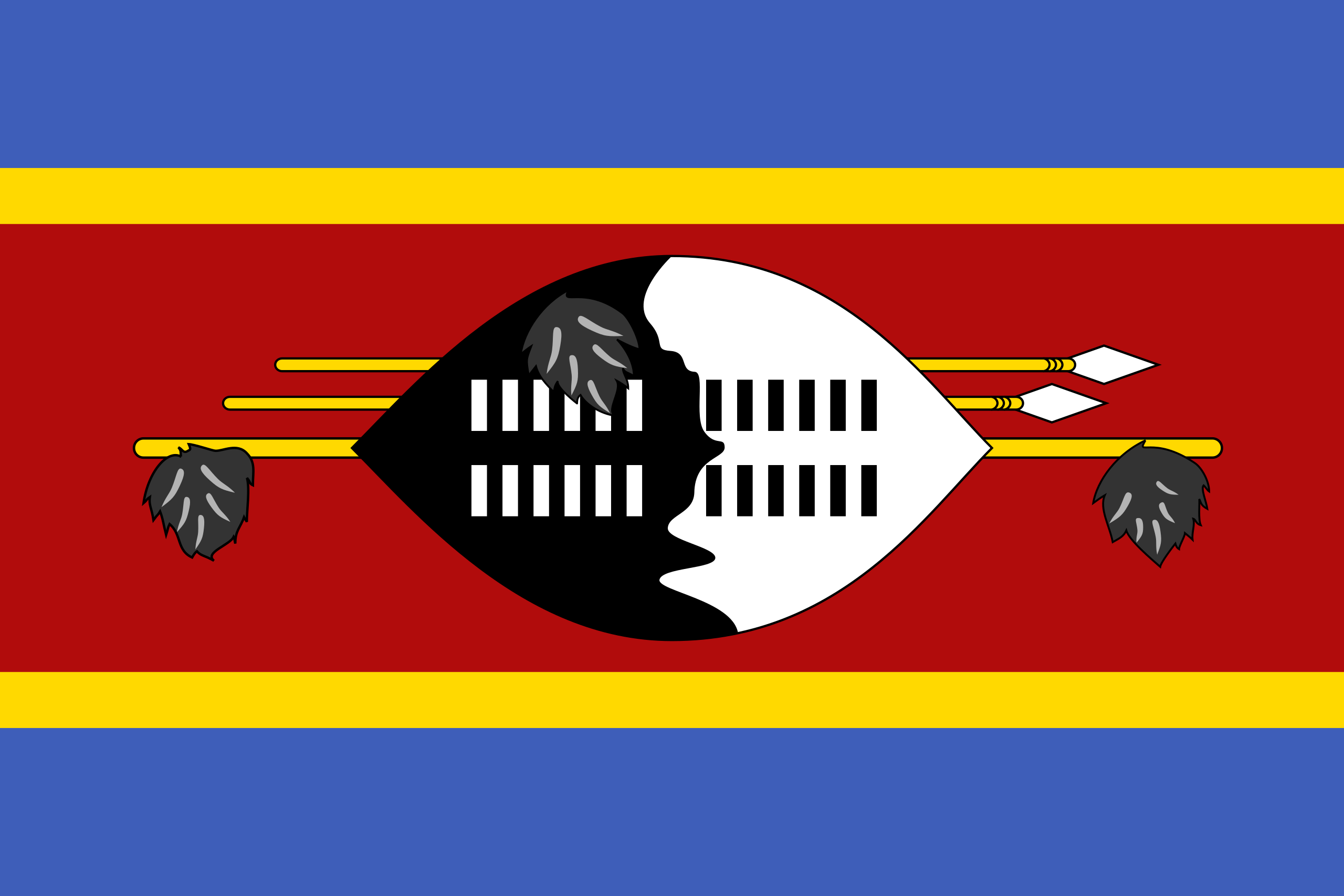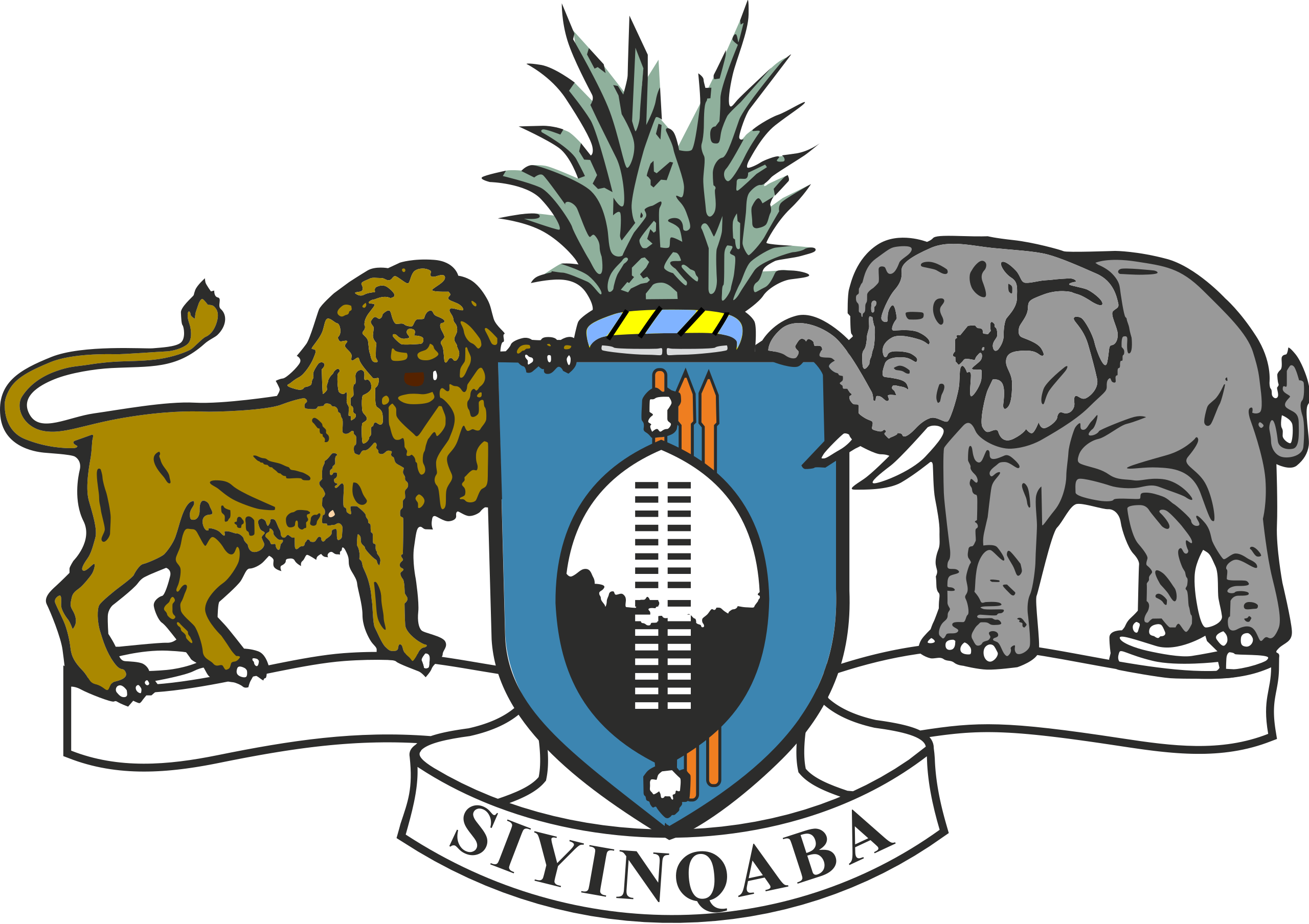More languages
More actions
(History and government) Tag: Visual edit |
No edit summary Tag: Visual edit |
||
| Line 4: | Line 4: | ||
== History == | == History == | ||
Eswatini gained independence from the [[United Kingdom of Great Britain and Northern Ireland|United Kingdom]] in 1968. It had a multi-party system until 1973, when King [[Sobhuza II]] repealed the constitution and established an absolute monarchy. He formed a standing army to defend the royal family. Sobhuza died in 1982 and his son, Mswati III, has ruled since then. In 2019, the Communist Party of Swaziland began the [[Democracy Now]] campaign to end the monarchy. Non-communist parties such as the [[Ngwane National Liberatory Congress]] and [[People's United Democratic Movement]] are also involved in the struggle against Mswati.<ref name=":0">{{News citation|author=Pius Vilakati|newspaper=[[Red Africa]]|title=Boiling Point: The Struggle against Capitalism and Monarchy in Swaziland|date=2022-06-21|url=https://redafrica.net/2022/06/21/boiling-point-the-struggle-against-capitalism-and-monarchy-in-swaziland/|archive-url=https://web.archive.org/web/20220623075903/https://redafrica.net/2022/06/21/boiling-point-the-struggle-against-capitalism-and-monarchy-in-swaziland/|archive-date=2022-06-23|retrieved=2022-07-12}}</ref> | Eswatini gained independence from the [[United Kingdom of Great Britain and Northern Ireland|United Kingdom]] in 1968. It had a multi-party system until 1973, when King [[Sobhuza II]] repealed the constitution and established an absolute monarchy. He formed a standing army to defend the royal family. Sobhuza died in 1982 and his son, Mswati III, has ruled since then.<ref name=":0" /> | ||
=== Democracy Now === | |||
In 2019, the Communist Party of Swaziland began the [[Democracy Now]] campaign to end the monarchy. Non-communist parties such as the [[Ngwane National Liberatory Congress]] and [[People's United Democratic Movement]] are also involved in the struggle against Mswati.<ref name=":0">{{News citation|author=Pius Vilakati|newspaper=[[Red Africa]]|title=Boiling Point: The Struggle against Capitalism and Monarchy in Swaziland|date=2022-06-21|url=https://redafrica.net/2022/06/21/boiling-point-the-struggle-against-capitalism-and-monarchy-in-swaziland/|archive-url=https://web.archive.org/web/20220623075903/https://redafrica.net/2022/06/21/boiling-point-the-struggle-against-capitalism-and-monarchy-in-swaziland/|archive-date=2022-06-23|retrieved=2022-07-12}}</ref> Since May 2022, the monarchy's forces have killed over 100 protestors.<ref>{{Web citation|author=[[Eugene Puryear]]|newspaper=[[BreakThrough News]]|title=Are the Days Numbered for Africa's Last Absolute Monarch|date=2021-10-14|url=https://breakthroughnews.org/are-the-days-numbered-for-africa-s-last-absolute-monarch/|retrieved=2022-12-20}}</ref> | |||
== Government == | == Government == | ||
Revision as of 00:33, 21 December 2022
| Kingdom of Eswatini Umbuso weSwatini | |
|---|---|
| Capital | Mbabane (executive) Lobamba (legislative) |
| Largest city | Manzini |
| Official languages | English, Siswati |
| Government | Absolute monarchy |
• King | Mswati III |
• Queen | Ntfombi |
• Prime Minister | Cleopas Dlamini |
| Area | |
• Total | 17,364 km² |
| Population | |
• 2020 estimate | 1,160,164 |
Eswatini, officially the Kingdom of Eswatini, is a small country in Southern Africa. It is the only absolute monarchy in Africa. Until 2018, it was known as Swaziland.[1] The Communist Party of Swaziland was banned in 2011 but still operates with its headquarters in South Africa.[2]
History
Eswatini gained independence from the United Kingdom in 1968. It had a multi-party system until 1973, when King Sobhuza II repealed the constitution and established an absolute monarchy. He formed a standing army to defend the royal family. Sobhuza died in 1982 and his son, Mswati III, has ruled since then.[3]
Democracy Now
In 2019, the Communist Party of Swaziland began the Democracy Now campaign to end the monarchy. Non-communist parties such as the Ngwane National Liberatory Congress and People's United Democratic Movement are also involved in the struggle against Mswati.[3] Since May 2022, the monarchy's forces have killed over 100 protestors.[4]
Government
Eswatini holds elections to parliament every five years but political parties are not allowed to participate and the king can dissolve the parliament whenever he wants to.[3]
References
- ↑ Moses Tofa (2013-05-16). Swaziland: Wither absolute monarchism? Pambazuka News. Archived from the original on 2014-10-19. Retrieved 2022-03-25.
- ↑ "La lutte révolutionnaire continue au Swaziland : le Parti communiste affirme son soutien aux grèves et manifestations qui ébranlent la monarchie absolue Mswati" (2011-06-24). Solidarité Internationale PCF. Retrieved 2022-03-25.
- ↑ 3.0 3.1 3.2 Pius Vilakati (2022-06-21). "Boiling Point: The Struggle against Capitalism and Monarchy in Swaziland" Red Africa. Archived from the original on 2022-06-23. Retrieved 2022-07-12.
- ↑ Eugene Puryear (2021-10-14). "Are the Days Numbered for Africa's Last Absolute Monarch" BreakThrough News. Retrieved 2022-12-20.


